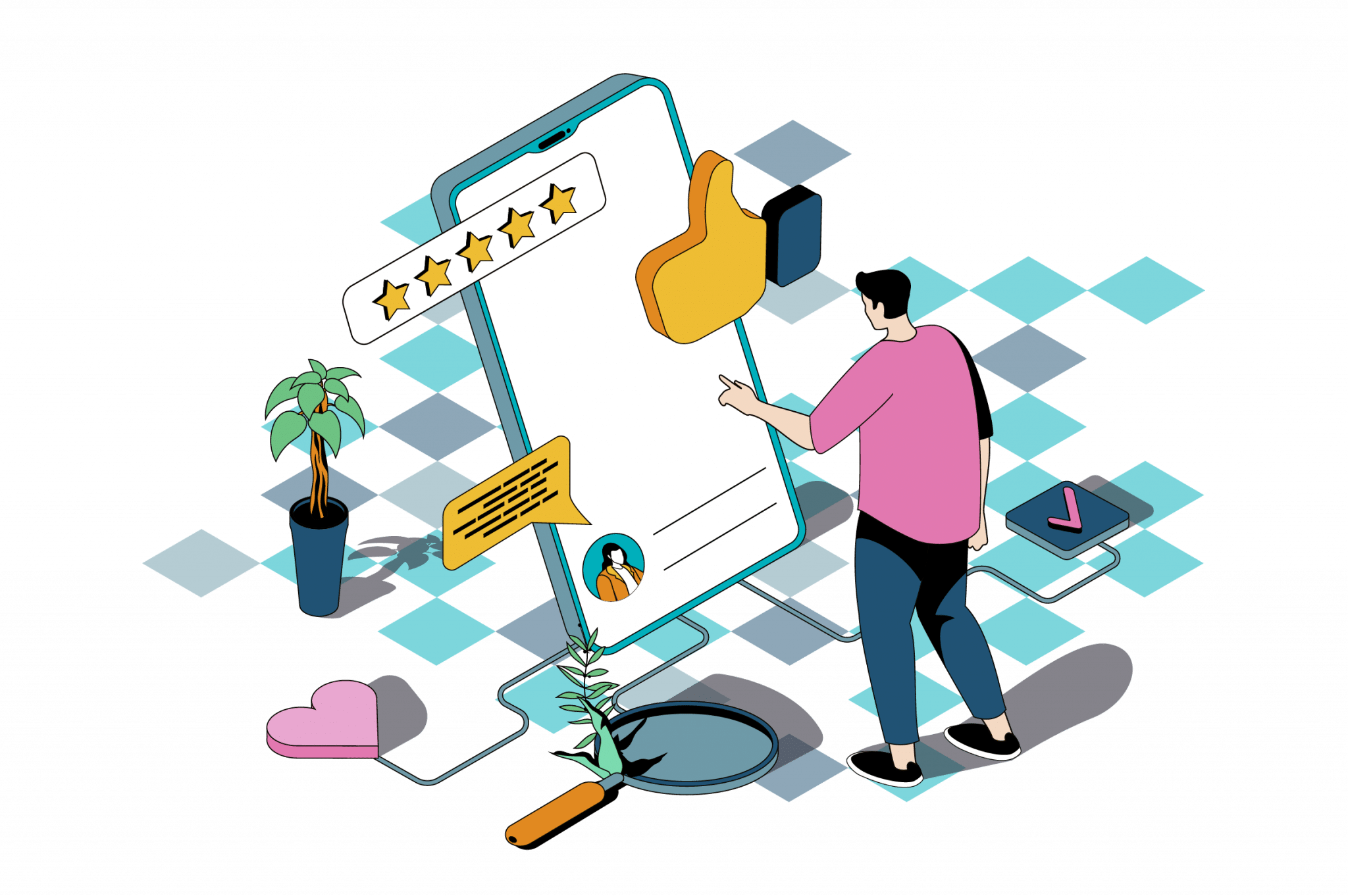The discussions on sovereignty at #NGIForum2025 make me wonder: what year are we in? It’s as if we’re rebooting grassroots conversations we’ve had for decades – but without the mess, memory, or movement that gave them meaning in the first place.
A breath of clarity came from @renchap, who said it plainly:
We need to focus our efforts on funding and supporting public value network infrastructure… THAT CANNOT BE BOUGHT. 💪Absolutely. If that idea resonates with you, try starting with the #4opens – a pragmatic path to build tech with real accountability and openness. It’s not a utopia, it’s a filter designed to push out 95% of the #techshit we’re constantly drowning in. The rest? That’s the work: compromise, community, governance.
For those curious about mapping this stuff, I appreciate the attempt to formalize governance components of digital commons here: https://commons.mattischneider.fr/2-constituants It’s useful, but my take? Still not messy enough to reflect how real-world horizontal projects actually work. As the site rightly says:
“If you already have experience in operating commons, you or your organisation will probably have specific practices that are more appropriate to your context.”Exactly, why context matters, and why real commons need trust-based governance, not just metrics and diagrams. Let’s remember:
Tools are only useful if people use them.
And that’s our real problem right now.Take this audience question as a clear example: What should we do when a US company acquires an EU one – like Cisco buying Slido? It hits the core issue:
Centralized, vertical control is always the endgame of VC funding and the mainstream tech stack.What’s the mainstream response? Push more AI. Push more “innovation.” Push more #stupidindividualism. This story is heavily funded and constantly amplified. Why? Because it keeps us distracted, divided, and demobilized. We need to compost this garbage.
Let’s stop pretending #opensource is the goal. It’s only useful if it lives in common infrastructure, owned and governed collectively, with embedded solidarity, not slogans. Yes, someone pointed out that:
"Open source licensing permits continued operation of the software with an EU provider."That’s technically true, but in practice, how many such transitions actually happen? How many of these tools become hollowed-out ghost projects after the buyout? We need the EU to fund #4opens #FOSS and commons-native projects directly, not startups chasing exit strategies.
And yes, I’ll be blunt here:
There’s likely a whole class of people who should be prosecuted for fraud.Because the current “innovation” circuit is knowingly wasting public money on private gain under “our” banner of openness. It’s a con. A parasitic class living off the #countercultures they parasitise. So let’s call this out, not to “disrupt” for disruption’s sake, but to open up space for what actually matters:
- Native projects with shared roots in code, care, and community.
- Activism that isn’t tacked on for #PR, but central to the infrastructure itself.
- Horizontal governance that embraces mess, rather than paving over it.
We don’t need more products, we don’t need more platforms, we don’t need more panels pushing safe #neoliberal “common sense.” What we do need is to build and protect infrastructure that can’t be bought, captured, or silenced. Because that’s the only way we’re getting through this era of collapse with anything humane intact.
#NGIForum #NGIForum25 #4opens #OMN #openweb #techshit #commonsnotplatforms #mutualaid #FOSS #trustnotcontrol #liberalcapture #activismtech #geekproblem


